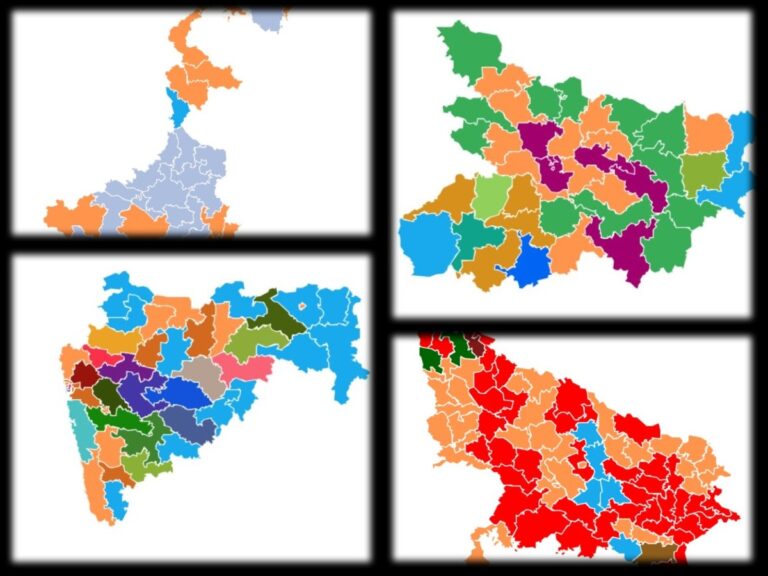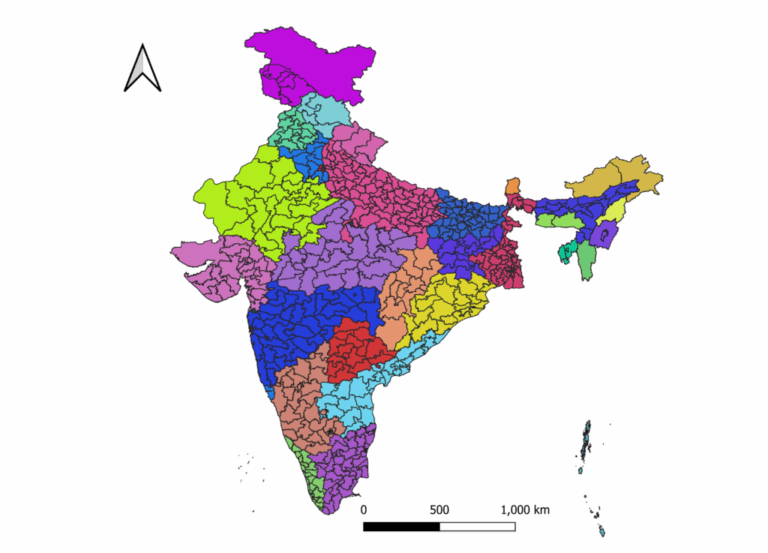Bihar elections and behavioural science


[responsivevoice_button voice=”US English Male” buttontext=”Read out this Theel for me”]
As elections concluded in Bihar, the National Democratic Alliance tried to defend its bastion against the rising force of Tejashvi Yadav combined with Congress and the left parties.
This article looks into the Behavioural Science theories which apply to the political contest in Bihar. Two inter-related concepts that are central to understand these insights are Loss Aversion and Reference Point. These two concepts are in large part the brainchild of the Economics Nobel Prize Winner of 2002 Daniel Khaneman and his late friend and a giant of the field Amos Tversky.
Let me ask you a question, in fact, let me ask you two questions. Suppose, you were presented with the following two bets:
Bet – 1
a) 80% chance that you can win Rs 10,000 and 20% chance that you will win 0.
Or
b) 100% chance that you will win Rs 7,500.
Bet – 2
a) 80% chance that you will lose Rs 10,000 and 20% chance that you will lose 0
Or
b) 100% chance that you will lose Rs 7500
Now, if you are like most people you would have selected option b in bet 1 and option a in bet 2.(Even if you haven’t selected this option, I can assure you that most people would have selected option b in Bet – 1 and option A in Bet-2).
If you go back to the bets, you will realize that Bet-1 is set in the domain of profit, and Bet-2 is set up in the domain of loss. In the first bet, the majority went with the second option, the safer option. They avoided losses i.e. people were Risk Averse. In the second option, people went with the first option, the riskier option over the safer one. People were Risk Seekers.
What explains this difference in our risk-taking ability is Loss Aversion. Human Beings hate (averse) losses more than they enjoy gains. To avoid the pain of losing, they are willing to take risks but the same people did not take the risk to obtain the pleasure of gaining.
An often-quoted remark in Behavioural Science in this context is
“The pain of losing is more than the pleasure of gaining”.
As a rule of thumb, losses are 1.5 to 2.5 times more painful than the pleasure of gains. To compensate for the emotional response of losing Rs 100, human beings on an average needs Rs 150-250.
Interrelated to the concept of Loss Aversion is Reference Point. Gains and Losses are not seen in isolation, they are seen relative to a reference point. Suppose there are two persons A and B. Both of them have Rs 8 lakh, but if A started from Rs 6 lakh and B started from Rs 10 lakh. A has gained and B has lost. A will be happier and B will be sad. Since losses are more painful, B will be much sadder than A is happy.
In the state of Bihar, Nitish Kumar came into power in 2005 and has ruled Bihar for 15 straight years. He came to power by defeating RJD which had ruled Bihar for 15 years before that. The present Chief Minister has time and again reverberated the condition of Bihar in 15 years before 2005.
From the Behavioural Science perspective, Nitish Kumar is trying to set the reference point to 2005. When the reference point is put back to 2005, any developmental project that his government has taken would be seen as a “gain”. To counter this narrative the opposition needs to change this reference point.
The Rajstrya Janta Dal led by Tejashvi Yadav has centred his election campaign around his promise to provide 10,00,000 government jobs in the first cabinet meeting if he comes to power. Thus, the opposition is trying its best to change the reference point to 10,00,000 jobs.
When the reference point is set up to 10,00,000 jobs, unemployment will be seen as “losses”.
The larger the percentage of unemployed the larger is the loss and greater is the pain. From Prospect Theory it follows that losses are more painful than the pleasure of gains. Hence, getting votes by convincing people of the losses the government has made them suffer is easier than getting votes by reminding them of the gains the government has brought to them.
I must qualify my stance by adding the fact that like economists, behavioural scientists too are fond of the Latin phrase “Ceteris Paribus” which means everything else being constant. In something as dynamic as an election, everything else rarely remains constant. Nevertheless, Reference Point and Loss Aversion have become central in the Bihar Election and how these factors have played out in this election will be interesting to delve into as the election results are declared.
Image Credit: Wiki Commons









Very nice analysis of human behavior through naturalistic observations and mathematical modeling. You have made an attempt to accomplish justified conclusions through rigorous observations .
I really admire your formulation approach. Keep this spirit up.??️
Very nice analysis of human behavior through naturalistic observations and mathematical modeling. You have made an attempt to accomplish justified conclusions through rigorous observations .
I really admire your formulation approach. Keep this spirit up.?
It is a nice and helpful article with lots of good knowledge and information. I really liked reading this article.??